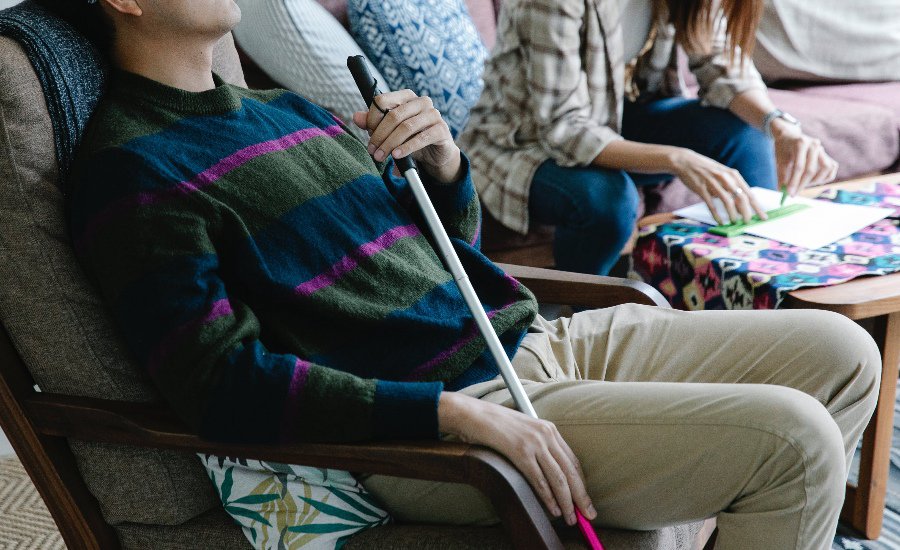Lack of information regarding disabled tenants in the Regulator of Social Housing’s 2023 accounts
The publication of the Regulator of Social Housing’s 2023 accounts shows that housing providers are investing heavily in existing homes to address issues like damp, mould, and building safety, and enhance energy efficiency.
The 2023 Global accounts reveal a record £7.7 billion investment in social housing repairs, marking a 20 percent increase from 2022.
Although spending on repairs has increased, there is no mention of the need to adapt stock for disabled tenants, something that is needed with the introduction of the new Consumer Standards in 2024.
The NHS states that damp and mould in the home causes tenants to be more likely to have respiratory problems, respiratory infections, allergies, or asthma. Damp and mould can also affect the immune system.
Additionally, providers are meeting the demand for new social homes, with an 11 percent increase in new supply investment and a seven percent rise in the number of new homes built in 2023 compared to 2022, totalling 53,000.
According to the UK Government, there are four million households in the social rented sector, with a higher proportion in housing association homes compared to local authority homes.
Housing association tenants make up around 10 percent of households, 2.5 million households, and local authority tenants make up six percent of households, 1.6 million households.
Will Perry, Director of Strategy at the Regulator of Social Housing (RSH), said: “Social housing providers are grappling with a range of major external economic pressures. At the same time, they are spending record amounts on improving their tenants’ homes and fixing problems like damp and mould.
“Boards must remain clear-sighted about financial risks, and deploy appropriate mitigations, while building more and better social homes for people who need them.”
Habinteg’s Forecast for Accessible Homes 2020 research revealed that more than half of all local plans still make no requirements for any accessible housing standard and only 25 percent of the homes due to be built in England were specified to the Optional Access standards.


